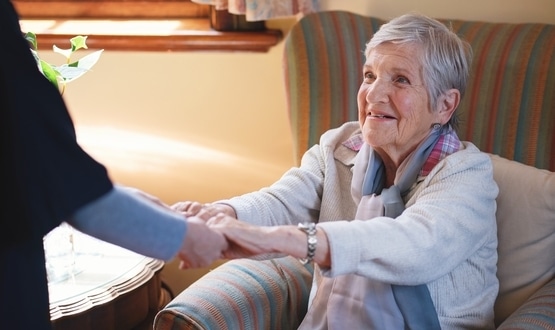Texting reduces treatment times for STIs
- 7 February 2006
A six-month study into the effect of text messaging in an STI clinic has revealed that sending notifications by SMS significantly reduces time to treatment and staff workload.
Patients who were tested for Chlamydia at the John Hunter clinic at the Chelsea and Westminster Hospital in central London were notified by SMS of their results after they were tested; they were either told "All your results are negative" or invited to call or revisit the clinic. In the last month of the trial, a third of results were sent in this way.
Researchers found that while it took an average 11 days for the patient to receive their diagnosis over the phone or in person, when SMSs were used this was reduced to 8 days.
Mobile phones were especially useful for more at-risk patients, the study argued: "Some patient groups, which may be both more at risk of STI and more receptive to the use of mobile phone technology, include young people, migrants and refugees, and those from poorer socioeconomic groups (with increasing ownership of mobile phones in preference to conventional land lines)."
According to the study, a great deal of time is spent by staff in STI clinics collating and providing results; around 120 hours a month. However, sending text messages saved around 46 hours of staff time per month and £609. Even more savings could have been made if 90% of results had been sent by text, the study projected.
Patients should be given the option of having their results sent by text as it would also improve their choice, adds the study.
Out of the 932 patients who received SMSs over the period of the study, 122 were asked to return to the clinic. Of these, 28 had an untreated Chlamydia infection.
The study is published in the Sexually Transmitted Infections, the official journal of the British Association of Sexual Health and HIV.




